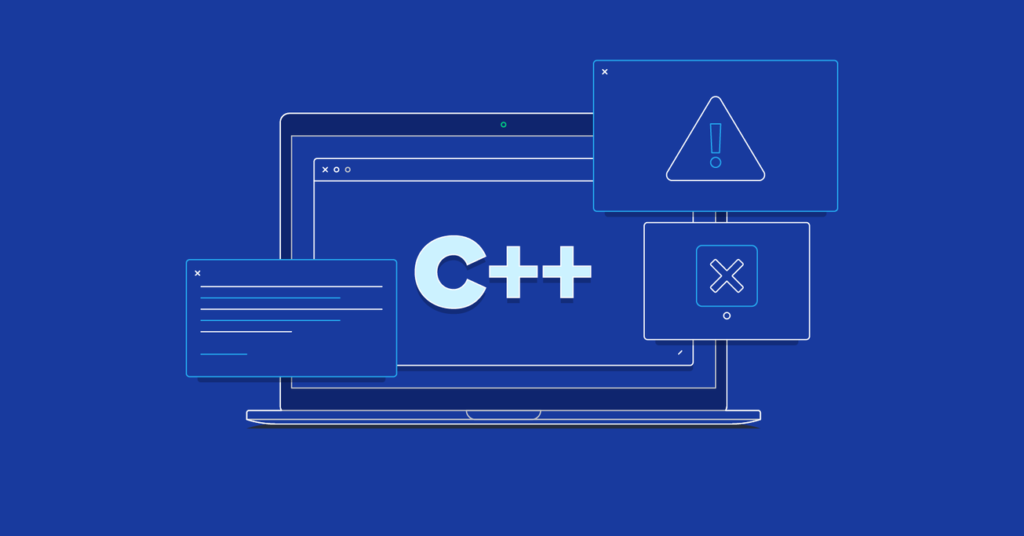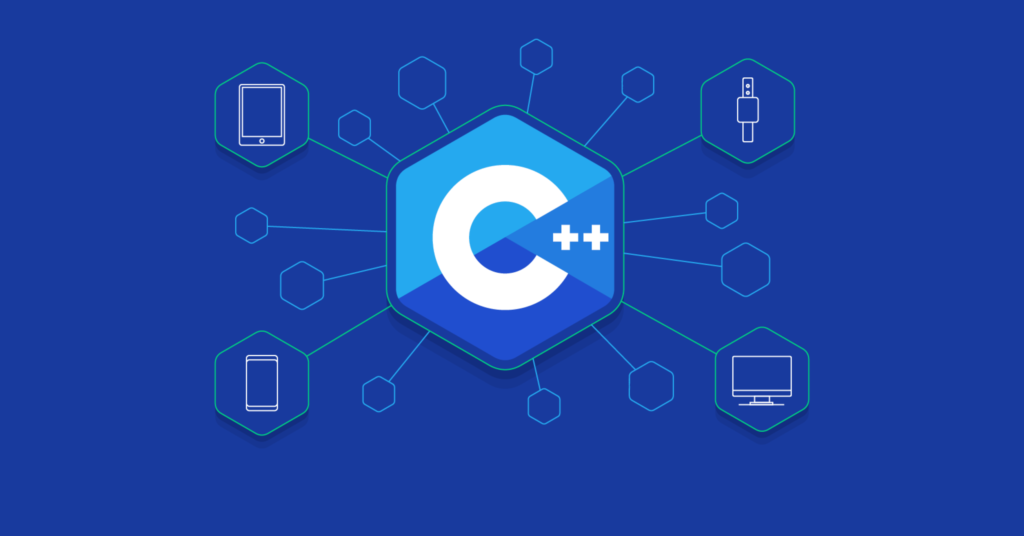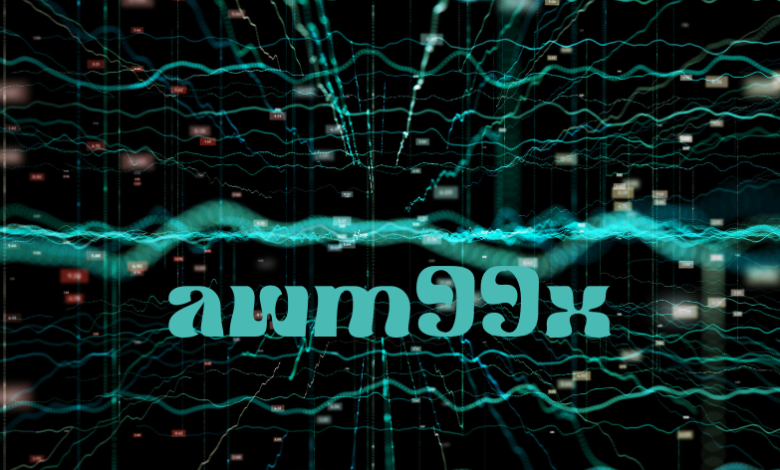Why won’t my C++ program work correctly?

Don’t fret; you’re not alone. Many programmers encounter challenges when their C++ code doesn’t execute as anticipated. This guide is your beacon of hope, offering practical solutions and expert advice to troubleshoot and resolve those vexing issues. Let’s delve into the intricacies of C++ programming and unearth the reasons behind the enigmatic question, “Why won’t my C++ program work correctly?”
Common Syntax Errors
Navigating through the labyrinth of C++ syntax can be daunting, leading to inadvertent errors that disrupt program execution. Understanding and rectifying these common syntax blunders is crucial for smooth operation.
Misplaced Semicolons
Semicolons are the silent sentinels of C++ syntax, signaling the end of statements. Forgetting to place them in the right locations can wreak havoc on your program’s logic and functionality.
Programming without semicolons is like baking a cake without flour; the recipe falls apart. Always double-check your code for missing semicolons to ensure seamless execution.
Mismatched Brackets
Brackets in C++ serve as delimiters, enclosing blocks of code and defining their scope. However, mismatched or improperly nested brackets can confound the compiler and trigger errors.
Think of brackets as parentheses in a mathematical equation—they must pair up correctly to maintain order and coherence. Vigilantly inspect your code for any discrepancies in bracket placement.
Compilation Errors
Compiling C++ code is akin to translating a manuscript into a language the computer understands. Errors during compilation signify a breakdown in this translation process, necessitating careful analysis and correction.
Undefined Variables
Unrecognized or undeclared variables are akin to missing puzzle pieces, rendering your program incomplete and nonfunctional. Verify that all variables are properly declared and initialized before use to avert compilation woes.
Header File Inclusions
C++ relies on header files to access external libraries and predefined functions. Omitting or incorrectly referencing these files can impede compilation and stymie your programming endeavors.
Think of header files as keys to unlocking additional functionality within C++. Ensure they are correctly included and referenced in your code to facilitate seamless compilation.
Run-time Errors
While compilation hurdles are daunting, run-time errors pose a unique set of challenges, manifesting during program execution rather than compilation.
Null Pointer Dereferencing
Dereferencing a null pointer is akin to embarking on a journey without a map—it leads to inevitable chaos and confusion. Safeguard your code against null pointer dereferencing to prevent unexpected crashes and erratic behavior.
Memory Leaks
Memory leaks are insidious culprits that gradually siphon away system resources, leading to performance degradation and eventual program failure. Adopting robust memory management practices is paramount to mitigate this menace.
Debugging Strategies
Armed with a repertoire of debugging techniques, you can unravel the mysteries plaguing your C++ program and set it on the path to redemption.
Print Statement Debugging
Harness the power of print statements to illuminate the dark recesses of your code, revealing the values of variables and the flow of execution. This hands-on approach provides invaluable insights into program behavior.
Debugger Tools
Employ sophisticated debugger tools to scrutinize your code with surgical precision, identifying and rectifying errors with unparalleled efficiency. These tools offer a bird’s-eye view of program execution, empowering you to diagnose and address issues expediently.
Conclusion
In the labyrinthine realm of C++ programming, setbacks are inevitable, but they need not be insurmountable. Armed with the knowledge gleaned from this troubleshooting guide, you possess the tools and insights to conquer the most formidable programming challenges. Embrace each obstacle as an opportunity for growth and mastery, and watch as your C++ prowess soars to new heights.
FAQs
How do I resolve linker errors in my C++ program?
Linker errors typically arise from missing or misconfigured library dependencies. Ensure all requisite libraries are properly linked during compilation to resolve these errors effectively.
What steps can I take to optimize the performance of my C++ program?
Optimizing C++ program performance involves judicious memory management, algorithmic efficiency enhancements, and leveraging compiler optimizations. Adopting these best practices can yield significant performance gains.
Why does my C++ program crash without generating any error messages?
Silent crashes in C++ programs often stem from undefined behavior, memory corruption, or unhandled exceptions. Thoroughly review your code for potential pitfalls and implement robust error-handling mechanisms to preempt such occurrences.
How can I prevent buffer overflows in my C++ program?
Buffer overflows occur when data exceeds the capacity of allocated memory buffers, leading to memory corruption and security vulnerabilities. Employ safe programming practices such as bounds checking and using secure library functions to mitigate this risk effectively.
What are some common pitfalls to avoid when writing C++ code?
Common pitfalls in C++ programming include undefined behavior, memory leaks, dangling pointers, and off-by-one errors. Vigilant code review, adherence to best practices, and leveraging static analysis tools can help sidestep these pitfalls.
How do I handle exceptions gracefully in my C++ program?
Graceful exception handling involves identifying and anticipating potential error scenarios, encapsulating them within try-catch blocks, and providing informative error messages to aid in troubleshooting. Strive to maintain program robustness and user-friendliness in the face of unexpected contingencies.




Leave a Comment